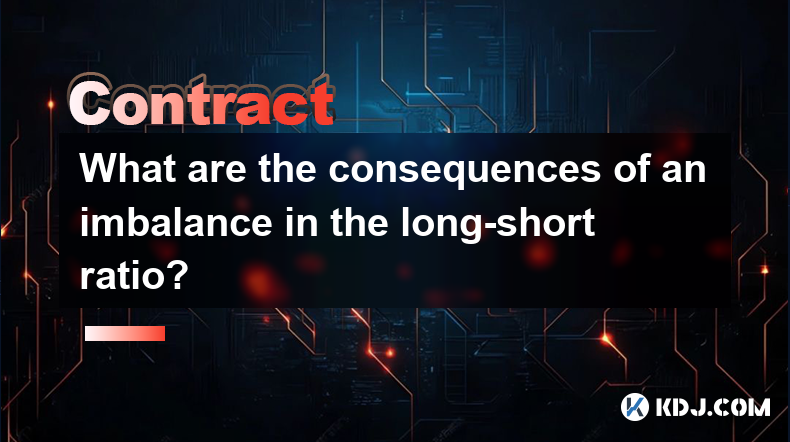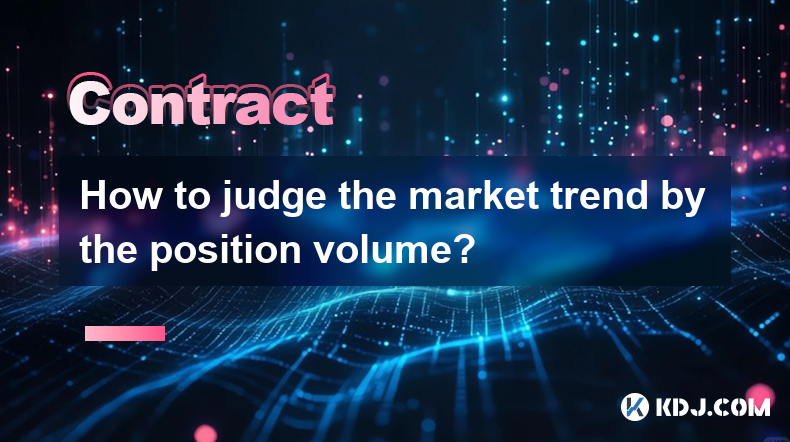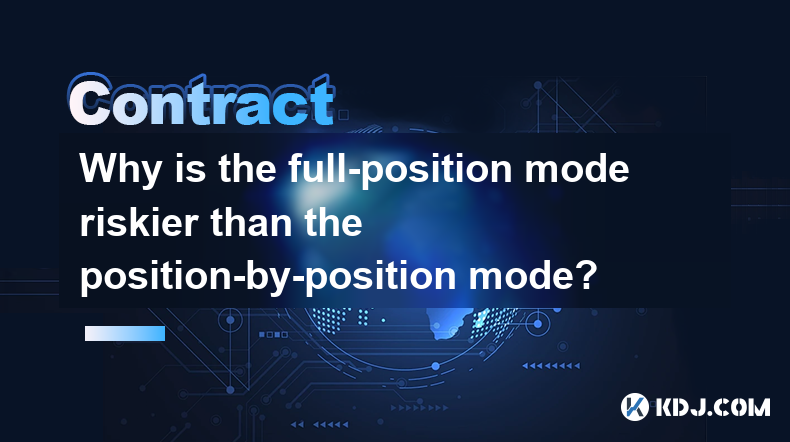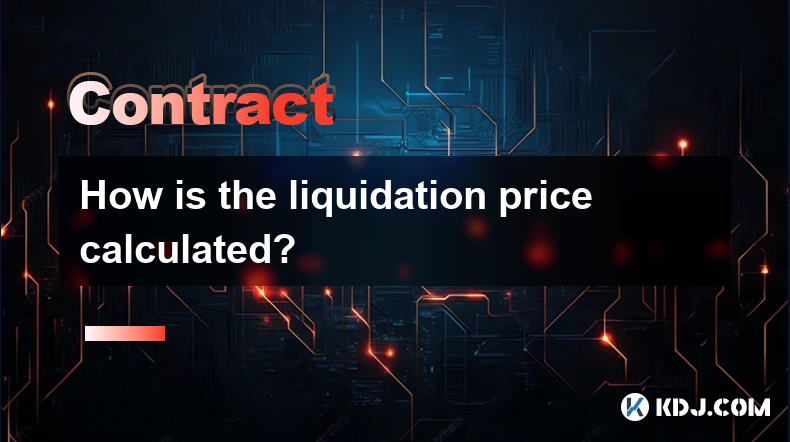-
 Bitcoin
Bitcoin $91,267.7899
4.91% -
 Ethereum
Ethereum $1,698.0536
7.55% -
 Tether USDt
Tether USDt $1.0008
0.08% -
 XRP
XRP $2.1556
3.71% -
 BNB
BNB $609.0535
2.18% -
 Solana
Solana $145.0560
7.22% -
 USDC
USDC $1.0001
0.01% -
 Dogecoin
Dogecoin $0.1713
8.74% -
 TRON
TRON $0.2468
1.15% -
 Cardano
Cardano $0.6554
5.57% -
 Chainlink
Chainlink $13.8250
5.91% -
 Avalanche
Avalanche $21.7000
8.07% -
 UNUS SED LEO
UNUS SED LEO $8.9828
-1.62% -
 Stellar
Stellar $0.2592
2.54% -
 Sui
Sui $2.4326
11.69% -
 Shiba Inu
Shiba Inu $0.0...01320
6.88% -
 Toncoin
Toncoin $2.9990
2.71% -
 Hedera
Hedera $0.1772
4.60% -
 Bitcoin Cash
Bitcoin Cash $357.4340
3.92% -
 Litecoin
Litecoin $82.9554
6.26% -
 Hyperliquid
Hyperliquid $18.6293
6.01% -
 Polkadot
Polkadot $3.9012
1.96% -
 Dai
Dai $1.0000
0.01% -
 Bitget Token
Bitget Token $4.5213
2.02% -
 Ethena USDe
Ethena USDe $0.9997
0.04% -
 Pi
Pi $0.6393
1.13% -
 Monero
Monero $222.4871
3.20% -
 Pepe
Pepe $0.0...08430
8.45% -
 Uniswap
Uniswap $5.6188
6.43% -
 Aptos
Aptos $5.1020
2.23%
What are the risks of Bitcoin contract
Traders should be aware of the heightened risks associated with Bitcoin contracts, including volatility, liquidity, counterparty, and regulatory concerns.
Nov 24, 2024 at 06:20 am

What Are the Risks of Bitcoin Contracts?
Bitcoin contracts, also known as Bitcoin futures, are financial instruments that allow traders to speculate on the future price of Bitcoin. They are similar to other futures contracts, such as those for commodities or currencies, but they are settled in Bitcoin rather than cash.
There are a number of risks associated with trading Bitcoin contracts, including:
- Price volatility: The price of Bitcoin is highly volatile, and can fluctuate wildly in a short period of time. This can make it difficult to predict the future price of Bitcoin, and can lead to large losses if the market moves against you.
- Liquidity risk: Bitcoin contracts are not as liquid as other futures contracts, which means that it can be difficult to buy or sell them quickly at a fair price. This can make it difficult to exit a position if you need to, and can lead to additional losses.
- Counterparty risk: Bitcoin contracts are traded on exchanges, which are responsible for matching buyers and sellers. If an exchange fails or becomes insolvent, you could lose your funds.
- Regulatory risk: The regulatory landscape for Bitcoin and other cryptocurrencies is constantly evolving. This could lead to changes in the way that Bitcoin contracts are traded, or even to a ban on trading them altogether.
How to Mitigate the Risks of Bitcoin Contracts
There are a number of steps that you can take to mitigate the risks of trading Bitcoin contracts, including:
- Do your research: Before you start trading Bitcoin contracts, it is important to do your research and understand the risks involved. You should also make sure that you understand how the contracts work and how to trade them.
- Use a reputable exchange: When you trade Bitcoin contracts, it is important to use a reputable exchange. This will help to reduce the risk of counterparty risk.
- Manage your risk: When you trade Bitcoin contracts, it is important to manage your risk. This means that you should only trade with money that you can afford to lose, and you should never risk more than you are willing to lose.
- Use stop-loss orders: Stop-loss orders can help to limit your losses if the market moves against you. A stop-loss order is an order to sell a contract at a specified price, if the market price falls below that level.
- Monitor your positions: It is important to monitor your positions regularly, so that you can take action if the market moves against you. You should also be aware of any news or events that could affect the price of Bitcoin.
Conclusion
Bitcoin contracts can be a risky investment, but they can also be a profitable one. By understanding the risks involved and taking steps to mitigate them, you can increase your chances of success when trading Bitcoin contracts.
Rankings of Major Cryptocurrency Exchanges
1. Binance
- Binance is the largest cryptocurrency exchange in the world, with a daily trading volume of over $2 billion.
- It offers a wide variety of cryptocurrencies, including Bitcoin, Ethereum, Litecoin, and Ripple.
- Binance charges low trading fees, and it has a user-friendly interface.
2. Coinbase
- Coinbase is one of the most popular cryptocurrency exchanges in the United States.
- It offers a simple and easy-to-use interface, and it has a strong security record.
- Coinbase charges higher trading fees than some other exchanges, but it is a good choice for beginners.
3. Kraken
- Kraken is a well-established cryptocurrency exchange with a strong reputation.
- It offers a wide variety of cryptocurrencies, and it has a low trading fee schedule.
- Kraken is known for its high level of security, and it has never been hacked.
4. Bittrex
- Bittrex is a cryptocurrency exchange that is known for its high liquidity and low trading fees.
- It offers a wide variety of cryptocurrencies, including many altcoins.
- Bittrex is a good choice for experienced traders who want to trade a variety of cryptocurrencies.
5. Gemini
- Gemini is a cryptocurrency exchange that is owned and operated by the Winklevoss twins.
- It is known for its high level of security and compliance with regulations.
- Gemini charges higher trading fees than some other exchanges, but it is a good choice for traders who want to trade large amounts of cryptocurrency.
Disclaimer:info@kdj.com
The information provided is not trading advice. kdj.com does not assume any responsibility for any investments made based on the information provided in this article. Cryptocurrencies are highly volatile and it is highly recommended that you invest with caution after thorough research!
If you believe that the content used on this website infringes your copyright, please contact us immediately (info@kdj.com) and we will delete it promptly.
- How Much Could $2,000 in Ripple (XRP) Be Worth at the Peak of the Bull Run?
- 2025-04-23 02:00:20
- Mind of Pepe (MIND) Token Presale Sells Out Ahead of Listing, Promises AI-Powered Meme Coin Experience
- 2025-04-23 02:00:20
- Galaxy Digital Moves $105M Worth of Ethereum to Solana
- 2025-04-23 01:55:12
- A major whale has made a significant move in the Mantra (OM) market
- 2025-04-23 01:55:12
- World of Women (WoW) Prepares to Enchant the World Once Again with its Flagship Event: the WoW Gala Lisboa
- 2025-04-23 01:50:12
- Onyxcoin (XCN) Has Plunged by 15% in the Past Week and Is Poised to Extend Its Decline as Selloffs Strengthen
- 2025-04-23 01:50:12
Related knowledge

How does Tail Protection reduce the loss of liquidation?
Apr 11,2025 at 01:50am
Introduction to Tail Protection in CryptocurrencyTail Protection is a mechanism designed to mitigate the risks associated with liquidation in cryptocurrency trading. Liquidation occurs when a trader's position is forcibly closed by the exchange due to insufficient margin to cover potential losses. This often happens in leveraged trading, where traders b...

What are the consequences of an imbalance in the long-short ratio?
Apr 13,2025 at 02:50pm
The long-short ratio is a critical metric in the cryptocurrency trading world, reflecting the balance between bullish and bearish sentiments among traders. An imbalance in this ratio can have significant consequences on the market dynamics, affecting everything from price volatility to trading strategies. Understanding these consequences is essential fo...

How to judge the market trend by the position volume?
Apr 11,2025 at 02:29pm
Understanding how to judge the market trend by position volume is crucial for any cryptocurrency trader. Position volume, which refers to the total number of open positions in a particular cryptocurrency, can provide valuable insights into market sentiment and potential price movements. By analyzing this data, traders can make more informed decisions ab...

Why does a perpetual contract have no expiration date?
Apr 09,2025 at 08:43pm
Perpetual contracts, also known as perpetual futures or perpetual swaps, are a type of derivative product that has gained significant popularity in the cryptocurrency market. Unlike traditional futures contracts, which have a fixed expiration date, perpetual contracts do not expire. This unique feature raises the question: why does a perpetual contract ...

Why is the full-position mode riskier than the position-by-position mode?
Apr 13,2025 at 03:42pm
Why is the Full-Position Mode Riskier Than the Position-by-Position Mode? In the world of cryptocurrency trading, the choice between full-position mode and position-by-position mode can significantly impact the risk profile of a trader's portfolio. Understanding the differences between these two modes is crucial for making informed trading decisions. Th...

How is the liquidation price calculated?
Apr 12,2025 at 01:35am
Introduction to Liquidation PriceLiquidation price is a critical concept in the world of cryptocurrency trading, particularly when dealing with leveraged positions. Understanding how this price is calculated is essential for traders to manage their risk effectively. The liquidation price is the point at which a trader's position is forcibly closed by th...

How does Tail Protection reduce the loss of liquidation?
Apr 11,2025 at 01:50am
Introduction to Tail Protection in CryptocurrencyTail Protection is a mechanism designed to mitigate the risks associated with liquidation in cryptocurrency trading. Liquidation occurs when a trader's position is forcibly closed by the exchange due to insufficient margin to cover potential losses. This often happens in leveraged trading, where traders b...

What are the consequences of an imbalance in the long-short ratio?
Apr 13,2025 at 02:50pm
The long-short ratio is a critical metric in the cryptocurrency trading world, reflecting the balance between bullish and bearish sentiments among traders. An imbalance in this ratio can have significant consequences on the market dynamics, affecting everything from price volatility to trading strategies. Understanding these consequences is essential fo...

How to judge the market trend by the position volume?
Apr 11,2025 at 02:29pm
Understanding how to judge the market trend by position volume is crucial for any cryptocurrency trader. Position volume, which refers to the total number of open positions in a particular cryptocurrency, can provide valuable insights into market sentiment and potential price movements. By analyzing this data, traders can make more informed decisions ab...

Why does a perpetual contract have no expiration date?
Apr 09,2025 at 08:43pm
Perpetual contracts, also known as perpetual futures or perpetual swaps, are a type of derivative product that has gained significant popularity in the cryptocurrency market. Unlike traditional futures contracts, which have a fixed expiration date, perpetual contracts do not expire. This unique feature raises the question: why does a perpetual contract ...

Why is the full-position mode riskier than the position-by-position mode?
Apr 13,2025 at 03:42pm
Why is the Full-Position Mode Riskier Than the Position-by-Position Mode? In the world of cryptocurrency trading, the choice between full-position mode and position-by-position mode can significantly impact the risk profile of a trader's portfolio. Understanding the differences between these two modes is crucial for making informed trading decisions. Th...

How is the liquidation price calculated?
Apr 12,2025 at 01:35am
Introduction to Liquidation PriceLiquidation price is a critical concept in the world of cryptocurrency trading, particularly when dealing with leveraged positions. Understanding how this price is calculated is essential for traders to manage their risk effectively. The liquidation price is the point at which a trader's position is forcibly closed by th...
See all articles























































































